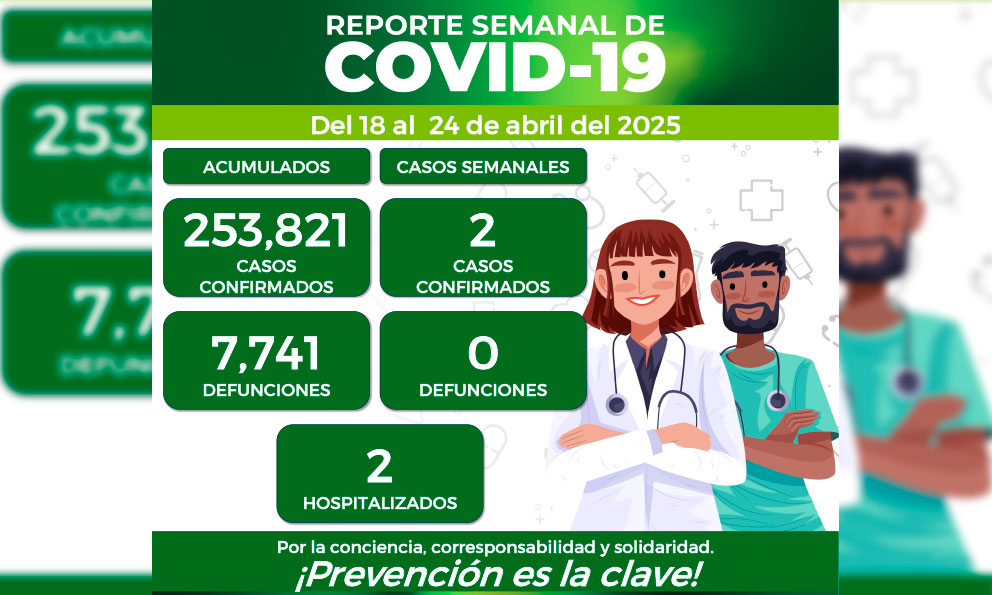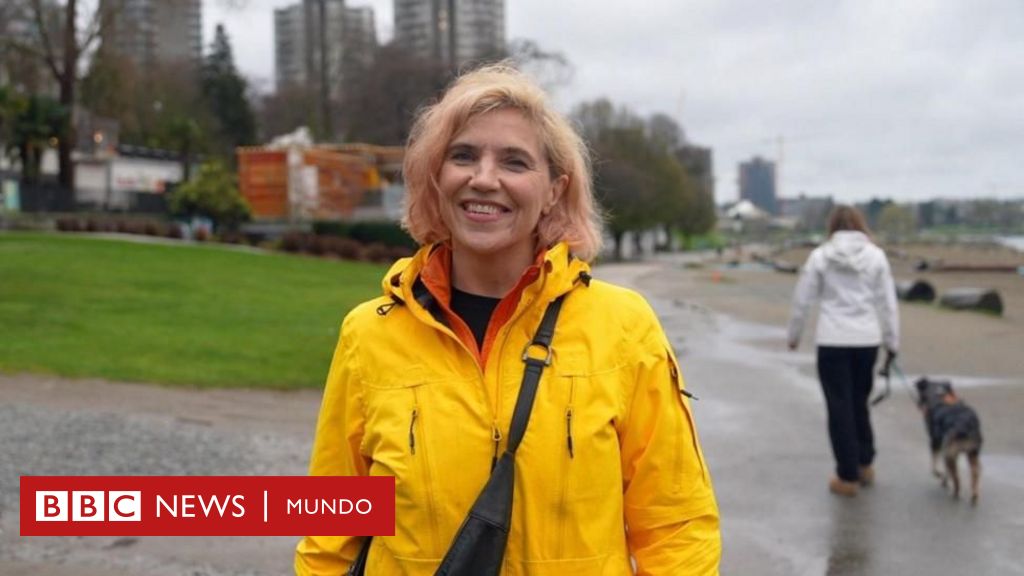Eddie Howe Back on Sideline After Pneumonia Scare
By Marcus Hayes, Archyde.com
Newcastle United fans received a shot in the arm this week as manager Eddie howe returned to the team’s training ground following a bout with pneumonia. Howe, 47, had been hospitalized for approximately a week, missing three crucial Premier League matches and sparking fears he might be out for the remainder of the season.
In a statement released Thursday, Newcastle United confirmed Howe’s return: “Newcastle United are delighted to confirm that Eddie Howe has returned to his duties at the club’s training center.Eddie had recently been diagnosed with pneumonia and has now returned to work after a period of recovery.”
The announcement comes as a major relief for the club, which is currently vying for a coveted spot in the Champions League. howe’s presence on the sideline is seen as vital to their chances of success.
Howe’s recovery and team Performance
Despite initial concerns, Howe made a surprise return to training on wednesday. Barring any unforeseen complications, he is expected to join his assistant, Jason Tindall, in the home dugout when Ipswich visits St James’ Park on Saturday.
Assistant coach Tindall stepped up during Howe’s absence, leading Newcastle to a 4-1 victory over Manchester United and a 5-0 thrashing of Crystal Palace at home. The team then suffered a 4-1 defeat at Aston Villa last Saturday, their first loss in six Premier League games. Newcastle currently sits fifth in the league standings but coudl potentially climb to third with a win against Ipswich.
howe, who was discharged from the hospital on April 11 and has been resting at home, is eager to guide the club to Champions League qualification for the second time in three seasons.
Champions League Ambitions and Player retention
Howe understands that securing a Champions League berth would substantially enhance Newcastle’s appeal to potential new players. More importantly, it might very well be pivotal in persuading their star striker, Sweden’s Alexander Isak, to commit to a contract extension.
During his recovery, Howe limited interaction with the club, primarily exchanging brief text messages with Tindall.“Newcastle United are delighted to confirm that Eddie Howe has returned to his duties at the club’s training centre,” the statement said. “Eddie had recently been diagnosed with pneumonia and has now returned to work after a period of recovery.”
The Impact of pneumonia on Athletes
Pneumonia can be a especially serious illness for athletes, potentially impacting their respiratory function and overall performance. The condition causes inflammation of the air sacs in one or both lungs, which can fill with fluid or pus, leading to cough, fever, and difficulty breathing. Athletes require optimal lung function for peak performance, making recovery from pneumonia crucial.
While most people recover from pneumonia with rest and antibiotics, athletes frequently enough require a more carefully managed return-to-play protocol. This typically involves a gradual increase in activity levels, monitored by medical professionals, to ensure the lungs have fully recovered and there are no lingering effects on performance or endurance.
| Return-to-Play Stage | Activity | monitoring |
|---|---|---|
| Stage 1: Rest and Recovery | Complete rest,focus on symptom resolution | Regular check-ups,lung function tests |
| Stage 2: Light Activity | Walking,light stretching | Heart rate,oxygen saturation |
| Stage 3: Gradual Increase | Jogging,light drills | Breathing patterns,fatigue levels |
| Stage 4: Full Training | Return to normal training regime | Performance metrics,overall well-being |
Counterargument: Is Howe rushing Back Too Soon?
While Howe’s return is undoubtedly a boost for Newcastle, some experts might argue whether he is returning too soon. Rushing back after a serious illness like pneumonia could lead to a relapse or other complications. Adequate rest and a carefully managed return-to-work plan are essential for a full recovery.
However, the club’s medical staff likely assessed Howe’s condition thoroughly before clearing him to return. The decision to bring him back suggests that he has made significant progress and is deemed fit enough to resume his duties. Howe’s own determination to lead the team also plays a role, but ultimately, his health and well-being remain the top priority.
FAQ: Understanding Pneumonia and recovery
- What is pneumonia?
Pneumonia is an infection that inflames the air sacs in one or both lungs. The air sacs may fill with fluid or pus, causing cough, fever, chills, and difficulty breathing. - How is pneumonia treated?
Treatment for pneumonia typically involves antibiotics (for bacterial pneumonia), rest, and fluids. In severe cases, hospitalization and oxygen therapy might potentially be required. - How long does it take to recover from pneumonia?
Recovery time varies depending on the severity of the infection and the individual’s overall health. Most people recover within a few weeks, but some may experience lingering fatigue or shortness of breath for several months. - Can athletes return to their sport after pneumonia?
Yes, athletes can return to their sport after pneumonia, but it’s crucial to follow a carefully managed return-to-play protocol to avoid complications and ensure full recovery. - What are the potential complications of pneumonia?
Potential complications of pneumonia include bacteremia (bacteria in the bloodstream), lung abscess, pleural effusion (fluid around the lung), and acute respiratory distress syndrome (ARDS).
Looking Ahead
With Howe back at the helm, Newcastle United aims to finish the season strong and secure a Champions League spot. The team’s performance in the upcoming matches will be crucial in determining their success. Howe’s return provides a significant morale boost, and his leadership will be vital in guiding the team through the final stretch of the season.
Given Mr. Howe’s rapid return, what would be your key considerations? Do you believe he is risking his health?
Interview: Dr.amelia Reed on Eddie Howe’s Pneumonia Recovery and Return to Football
Marcus Hayes, Archyde News
Following Newcastle United manager Eddie howe’s recent bout with pneumonia and swift return to the sidelines, Archyde spoke with leading sports medicine specialist dr. Amelia Reed to discuss the implications of his comeback. Dr. Reed,a pulmonologist specializing in athlete recovery,offers valuable insights into pneumonia and its potential impact on athletic performance.
Welcome, dr.Reed. Thank you for joining us.Can you give us a brief overview of pneumonia and the challenges it presents, especially for athletes like Eddie Howe?
thank you for having me. Pneumonia is an infection that inflames the air sacs in the lungs. For athletes, it’s particularly concerning because it directly impacts respiratory function—key to their overall performance. The inflammation and potential for fluid buildup can lead to coughing, shortness of breath, and fatigue, all detrimental to an athlete’s capabilities.
The article mentions a return-to-play protocol. Could you elaborate on the stages involved, and why are they vital for someone in Mr.Howe’s position?
Certainly. A return-to-play protocol is crucial to ensure the athlete has fully recovered.Typically, it starts with complete rest and symptom resolution. The next stage includes light activity, like walking.As they improve, we incorporate gradual increases such as jogging and drills. The final stage involves full training,with performance metrics being carefully monitored to prevent relapse or any long-term complications. For Mr. Howe and any manager in a high-pressure environment, a rushed return could lead to important setbacks, even if Mr. Howe is not a player, his physical and mental well-being are paramount to his job.
The article also mentions the potential for complications. What are some possible long-term effects of pneumonia that athletes need to consider?
While most athletes recover entirely,some can experience lingering fatigue,cough,or shortness of breath. In rarer cases, complications such as lung abscesses or, in severe forms, acute respiratory distress syndrome (ARDS) can occur. It’s vital to monitor and address any persistent symptoms to prevent chronic respiratory issues.
Given Mr. Howe’s rapid return, what would be your key considerations? Do you believe he is risking his health?
I can’t comment on Mr. Howe’s individual case directly without access to all medical records. However, I’d be looking closely at his initial lung function tests, any lingering inflammation, and how well he is adjusting to his new workload. The club’s medical staff has likely assessed the situation. Though, If his symptoms are fully resolved, a gradual ramp-up and excellent medical support are crucial – if he’s feeling pressure to return, the club needs to prioritize his welfare. It is a balancing act.
What role does the athletes’ mental state play in recovery, and how can they cope with the psychological pressures of being out of action?
Mental resilience is crucial. Being sidelined is frustrating, and the feeling of being unable to perform professionally can lead to stress and anxiety. Providing support systems, clear communication, and a structured return plan are vital. it’s also critically important to manage the expectations and pressures from the public and management and help him focus on his actual recovery. We would provide resources such as counseling and regular check-ins on his state of mind.
considering the high stakes of Newcastle United’s Champions League ambitions, what advice would you give to Mr. Howe as he re-enters the demands of top-flight football?
Prioritize your health above all else. it’s commendable to have the desire to return but taking time off to fully recover will ensure no longer-term injury or setback. Work alongside your medical team, listen to your body, and resist the urge to overexert on any given day. A fully recovered manager is far more valuable to the team’s success than one who risks a relapse.A good recovery period also ensures a long and successful career in leading the side and ensuring his team has a good run.
Thank you, Dr.Reed, for your invaluable insights and dedication
My pleasure.






